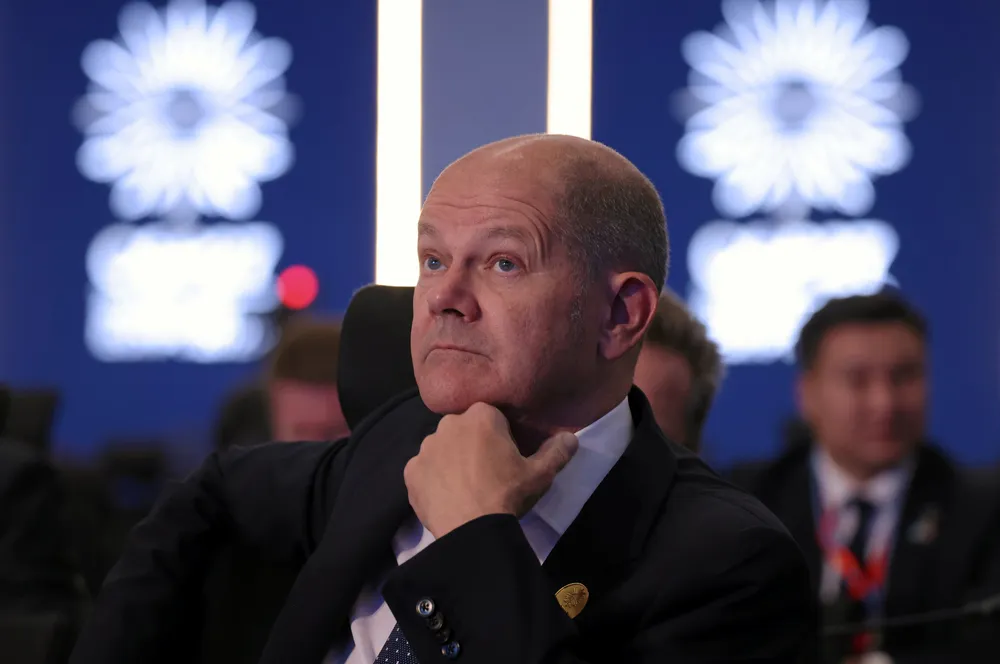Boost for green hydrogen exporters as Germany quadruples spending on H2Global import scheme to €4bn
The auction system, under which Germany will buy large quantities of renewable H2 from outside the EU, 'will start right after COP27', Chancellor Olaf Scholz reveals
